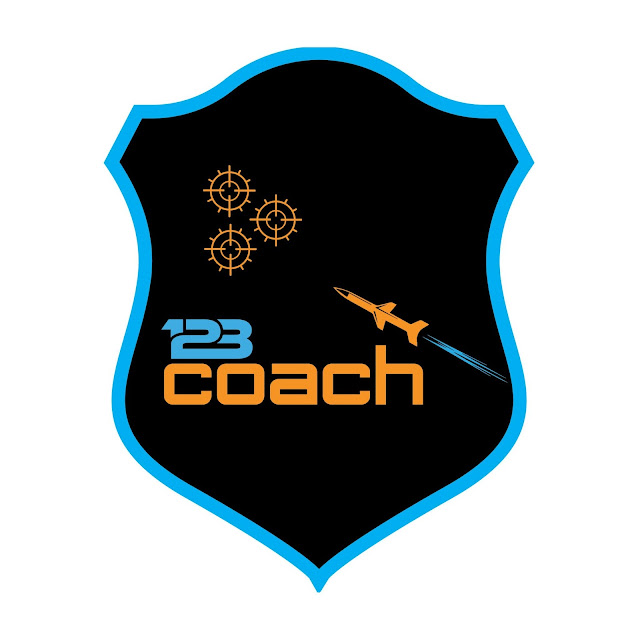NDIS Participation in Community Social and Civic Activities
Introduction:
The National Disability Insurance Scheme (NDIS) has transformed the lives of countless Australians living with disabilities by providing them with the necessary support and resources to lead fulfilling lives. One of the key aspects of this transformation is enabling NDIS participants to actively engage in community, social, and civic activities. In this blog post, we will explore the significance of NDIS participation in these activities and how it empowers individuals to lead more inclusive lives.
What Are Community, Social, and Civic Activities?
Before diving into NDIS participation, let's define these terms:
Community Activities: These are events, programs, or gatherings within local neighborhoods or communities, such as local sports clubs, hobby groups, or community service initiatives.
Social Activities: These encompass interactions and events that promote socialization and bonding, such as going out with friends, attending parties, or joining social clubs.
Civic Activities: Civic engagement involves actively participating in community and public affairs, including volunteering, attending town hall meetings, and advocating for social causes.
The Importance of NDIS Participation in Community Life:
Enhanced Quality of Life: Participation in community and social activities fosters a sense of belonging and connectedness, ultimately improving the quality of life for NDIS participants.
Skill Development: Engaging in diverse activities can help individuals with disabilities develop a wide range of skills, from communication to problem-solving.
Social Inclusion: Active participation promotes social inclusion, breaking down barriers and stereotypes associated with disabilities.
NDIS Supports for Participation:
Funding for Assistance: NDIS provides funding for support workers who can assist participants in attending events, joining clubs, or engaging in community activities.
Accessible Transportation: Access to transportation is crucial for participation. NDIS can fund modifications to vehicles or provide transport assistance.
Equipment and Aids: Participants can receive funding for adaptive equipment, making it easier to take part in activities.
Success Stories:
- Share stories of NDIS participants who have achieved remarkable progress and fulfillment through active engagement in community, social, and civic activities.
Tips for Maximizing NDIS Participation:
Encourage participants and their families to explore various activities and find ones that align with their interests and goals.
Work with NDIS support coordinators to create tailored plans that facilitate participation.
Emphasize the importance of setting realistic goals and tracking progress.
Overcoming Challenges:
- Discuss common challenges faced by NDIS participants, such as transportation barriers or social anxiety, and suggest strategies for overcoming them.
Promoting Inclusivity in Communities:
- Call for communities to become more inclusive by creating accessible spaces, offering diverse activities, and embracing diversity.
Conclusion:
NDIS participation in community, social, and civic activities is a powerful tool for enhancing the lives of individuals with disabilities. By providing the necessary support and resources, NDIS empowers participants to not only engage in these activities but also contribute meaningfully to their communities. It's a step towards a more inclusive and equitable society where everyone can thrive, regardless of their abilities.
.png)



Comments
Post a Comment